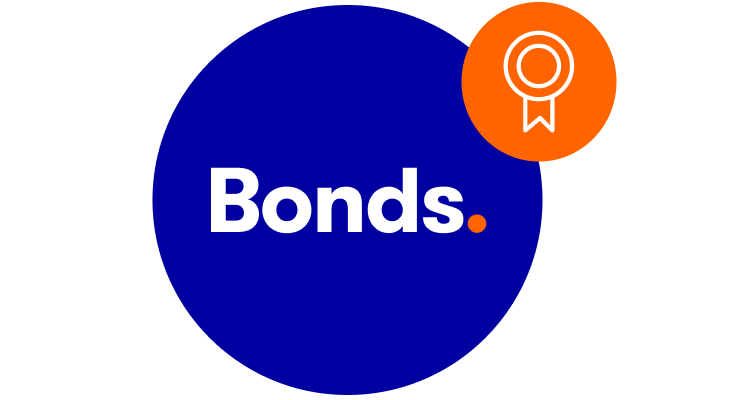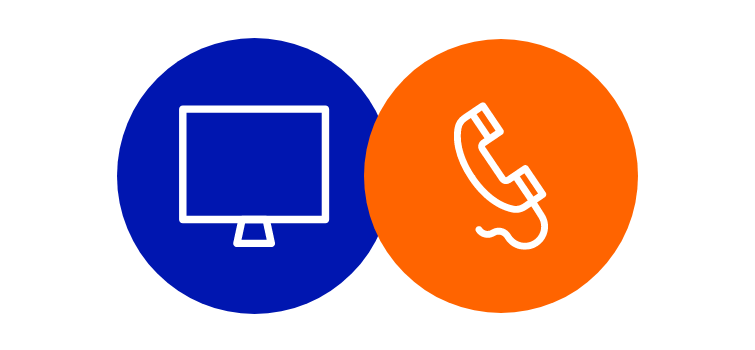Bonds hub
What are bonds?

Bonds are a loan that companies or governments take out via financial markets. When you buy a bond you are lending money to them for a fixed period of time.
While you wait you are paid interest, known as the coupon.
At the end of the agreed time, you get the face value back, like an IOU. This is known at the redemption.
You can sell a bond at any time at the market price.
Different types of bonds
Bonds can either be issued by a company (corporate bonds) or by a government (government bonds)
Active and passive bond funds
Investors can buy
- managed bonds fund run by a fund manager who builds a portfolio of bonds, or an index fund, known as an active investment
- exchange-traded funds (ETF) that simply track an entire area of the bond market, known as a passive investment
What are bonds called in different countries?
- UK government bonds are often referred to as gilts.
- American government bonds are known as Treasuries or T-bills.
- German government bonds are called Bunds.
- Japanese government bonds are known as JGBs.
How are bond yields calculated
A bond’s yield is the return an investor can expect to receive as income over the next 12 months expressed as a percentage. There’s a simple calculation to figure it out: yield equals coupon divided by price, times 100.
The coupon and the yield are not the same. The coupon is the rate of interest that has been promised based on the initial, whereas the yield is the annual return an investor that has bought the gilt after it has been issued (known as the secondary market) expects to receive as income over the next 12 months. Coupons are typically paid twice a year.
Each new bond is issued at a set price – called the face value, or par value.
Example
A new bond has a face value of £1,000, and pays out £50 a year, so the yield is 5%. This yield is the annual income an investor can expect if the bond is bought at issue and held to maturity.
Because bonds are traded by investors, the price will change. That means the yield will change too. Bond prices and bond yields have an inverse relationship. So, if bond prices go down, the yield goes up, and vice versa.
Example
if a bond issued at £1,000 and paying £50 a year now costs £750 to buy, then the yield becomes 6.66% (50 divided by 750, times 100).
Do I get taxed on bonds?
All UK government bonds are free from capital gains tax, or CGT, as are most corporate bonds bought directly and issued in pounds, so long as they are deemed “qualifying corporate bonds” by HMRC. This means someone buying and selling a bond, and making money on the trade, will not pay tax on their profits.
Bond funds are only subject to capital gains taxes when held outside an ISA.
Unless bonds are held in an investment ISA or other tax-free wrapper product, investors will have to pay income tax on any interest they earn.
If in doubt about tax, seek help from a qualified financial adviser.
How to find the best bonds to invest in
Rating agencies like Standard & Poor’s, Moody's and Fitch play an important role in assessing the risk of a bond. Different ratings providers have different systems – AAA (the highest degree of creditworthiness) to C (the lowest degree of creditworthiness), for example.
However, most active fund managers do not rely solely on the rating given by the rating agency. They have teams of credit analysts who make an independent assessment.
Assessing the risk of a bond
There are a couple of things to consider when comparing the risks of bonds.
- The time it takes for the bond to reach maturity
- Longer-dated bonds (those with a lifespan of 30 years) tend to yield more as investors demand extra compensation for locking their money up for a longer period.
- Shorter duration bonds (with a lifespan of less than five years) are deemed less risky.
The currency the bond is in
- Government bonds are issued in local currency, meaning the currency of the national government, or “hard” currency.
- Dollar bonds are lower risk, as the dollar in unlikely to be devalued in the way that some national currencies may be.
What affects bond prices?
Bonds, like stocks and shares, are traded by investors. Bond prices and bond yields have an inverse relationship, so if bond prices go down then yields go up, and vice versa.
The big factor that impacts bond prices is interest rates. This is the risk-free borrowing rate is set by each country’s central bank. When rates go up, it means that investors can get a better deal from newly issued bonds. They may choose to sell old bonds and lock in a better rate by buying a new bond.
When rates go down, this has the opposite effect. The old bonds that have higher interest rates become relatively more valuable.
Longer maturity bonds are more sensitive to interest rate changes, and therefore their prices rise more when interest rates fall, but their prices also drop more when rates rise. The sensitivity to interest rates is known as “duration”.
Example
When central banks raised interest rates in 2022 to bring high inflation under control, investors sold bonds. When inflation slows, central banks reduce the pace of interest rate rises, and may even cut rates. Bonds then go up in value, sending yields down.
Why buy bonds
Bonds provide a fixed income from the coupon (interest) payments, with a level of income that will likely be higher than what they can achieve on cash, whether in a savings account or elsewhere.
Generating a steady return is important for investors wanting to build a balanced portfolio. The other key benefit of bonds is that, because they are viewed as safer investments than stocks and shares, they tend to increase in value when events rock the stock market and worry investors.
This is one of the reasons that a so-called 60/40 portfolio of shares to bonds – that is 60% in shares and 40% in bonds – is typically less volatile than investing 100% of your portfolio in shares.
Buy bonds with ii
Active and passive bond funds, including exchange-traded funds, are available to buy on the interactive investor platform. Our Super 60 list of rated funds and investment trusts has both active and passive bond fund options.
You can also buy individual bonds at ii.co.uk/bonds
Learn more about bonds
Learn how to make the most out of your investments with our useful guides.
How to buy bonds
You can trade a number of bonds and gilts via your online ii account. For any that aren't available online, you can deal over the phone by calling us on 0345 607 6001.

The value of your investments may go down as well as up. You may not get back all the money that you invest. If you are unsure about the suitability of an investment product or service, you should seek advice from an authorised financial advisor.